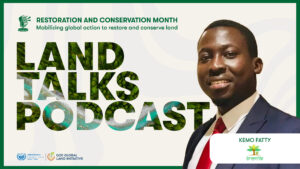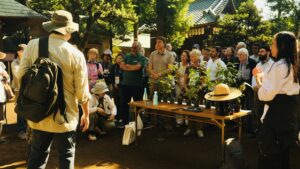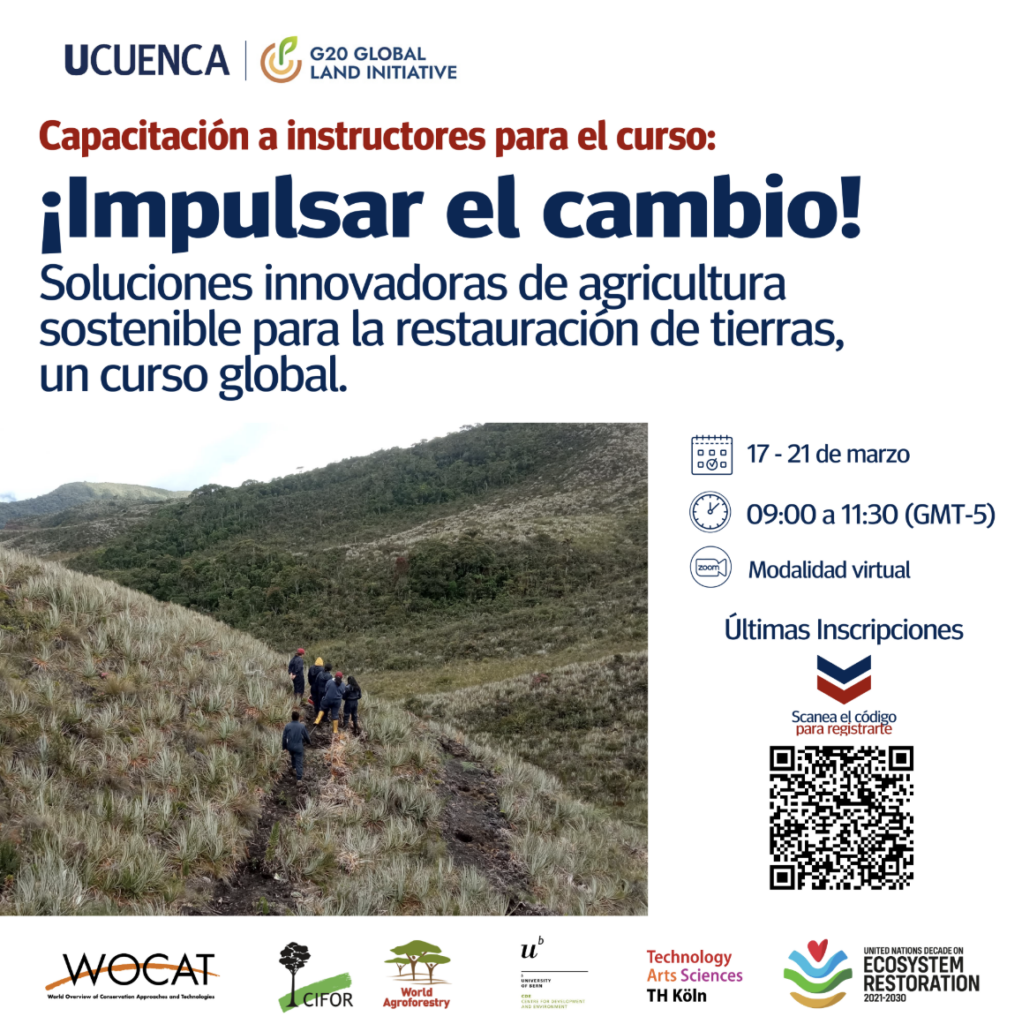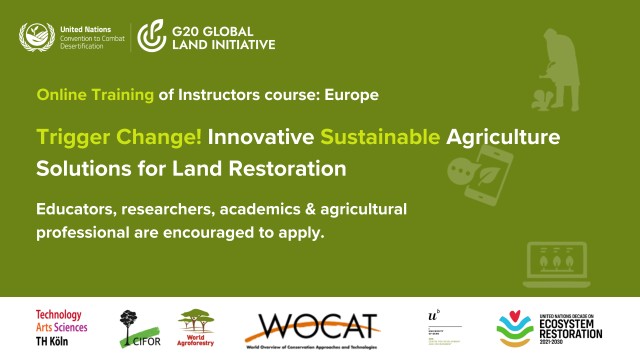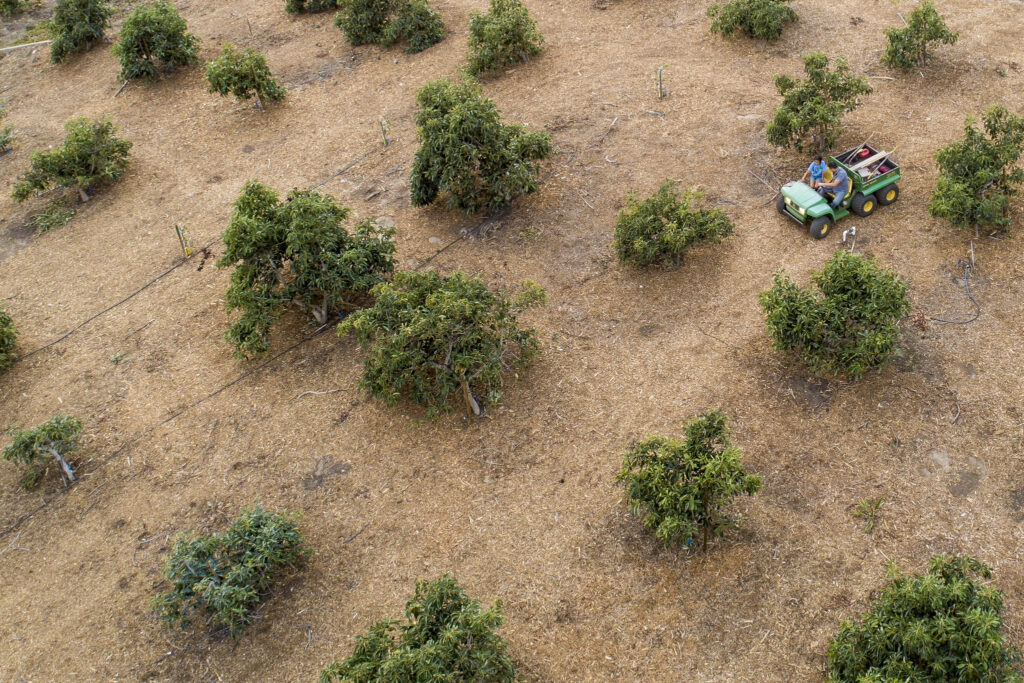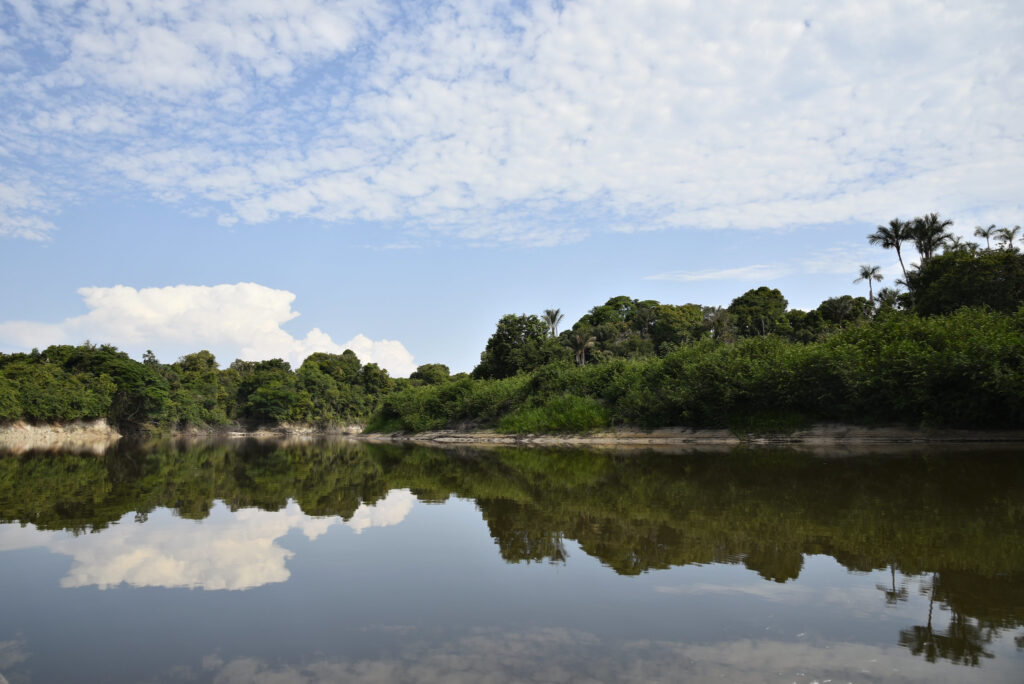

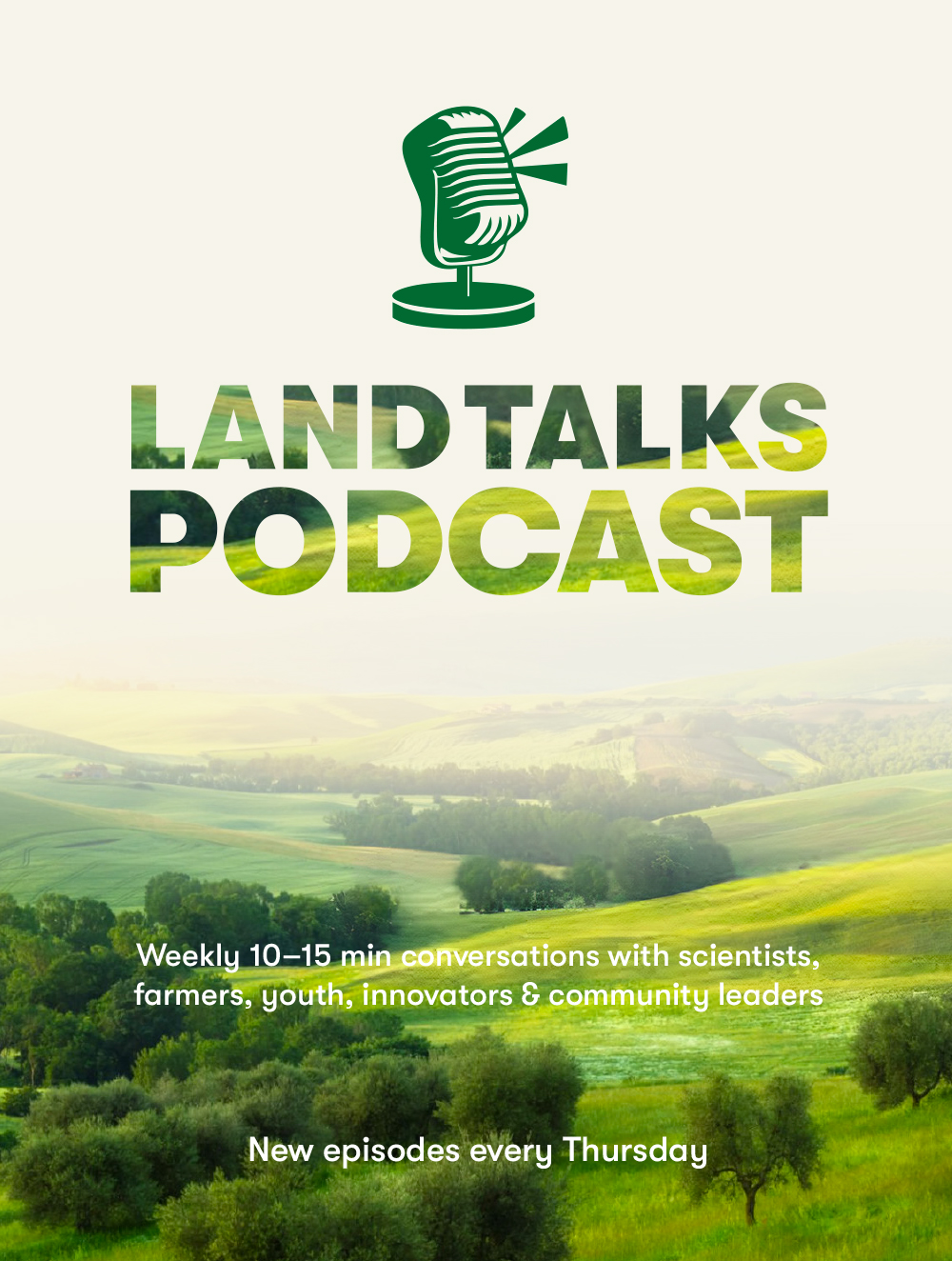

G20 Global Land Initiative
The G20, or Group of Twenty, is an intergovernmental forum of the world’s major developed and developing economies. It comprises 19 countries (Argentina, Australia, Brazil, Canada, China, France, Germany, India, Indonesia, Italy, Japan, Republic of Korea, Mexico, the Russian Federation, Kingdom of Saudi Arabia, South Africa, Turkey, the United Kingdom, the United States of America), and the European Union. Collectively, the G20 accounts for 85% of global GDP, two-thirds of the world population and make up about half of the earth’s total land area.
News & Events
Youth Activist Kemo Fatty’s step-by-step plan to save Gambia’s damaged land
Trees in cities – urban forests
Celebrating the power of youth in co-creating education
Capacitação presencial para negócios da restauração da terra no Brasil
Trigger Change! Innovative Sustainable Agriculture Solutions for Land Restoration – Latin America
Trigger Change! Innovative Sustainable Agriculture Solutions for Land Restoration – Europe

Global Ambition
The objectives of this Global Initiative is to prevent, halt and reverse land degradation with an ambition to reduce degraded land by 50 percent by 2040.
Objectives
01
Conserving land and halting habitat loss, fragmentation and land degradation, notably through sharing knowledge and best practices on conservation incentives and implementation of other policies and best practices to enhance land conservation and reduce land degradation.
02
Promoting integrated, sustainable, and resilient land and landscape management through: nature-based solutions or ecosystem-based approaches, as well as supporting sustainable land and water management policies and sustainable agricultural practices, including traditional practices, in order to maintain and enhance ecosystem functionality.
03
Restoring degraded land through sustainable and locally or regionally appropriate reforestation, afforestation, natural regeneration/revegetation, restoration of ecosystem services, sustainable agricultural practices, and deployment of nature-based solutions or ecosystem-based approaches for biodiversity conservation, among others, in order to restore ecosystem functionality in a landscape context.
Activities
Land conservation, sustainable management, and restoration website
The initiative will establish a website that will serve as an information sharing hub to provide easier access to information on land degradation, conservation, sustainable management, and restoration and foster collaboration and broader engagement of various stakeholders in land conservation and restoration efforts.
Engagement of private sector and civil society
The Initiative will engage the private sector to encourage it to support land restoration efforts and adopt sustainable land management practices. Similarly, with strong calls from society for urgent environmental action, the Initiative will encourage direct engagement of civil society, including by mobilizing the general public.
Sharing knowledge and building capacity
The initiative will support the exchange of know-how and capacity building between G20 members, non-member countries, and other partners and additional stakeholders, as well as support efforts to accelerate exchange of best practices to enhance land conservation and restoration efforts.
In November 2020, during the G20 Saudi Presidency, at the Riyadh Heads of State Summit, the Global Initiative on Reducing Land Degradation and Enhancing Conservation of Terrestrial Habitats was launched.
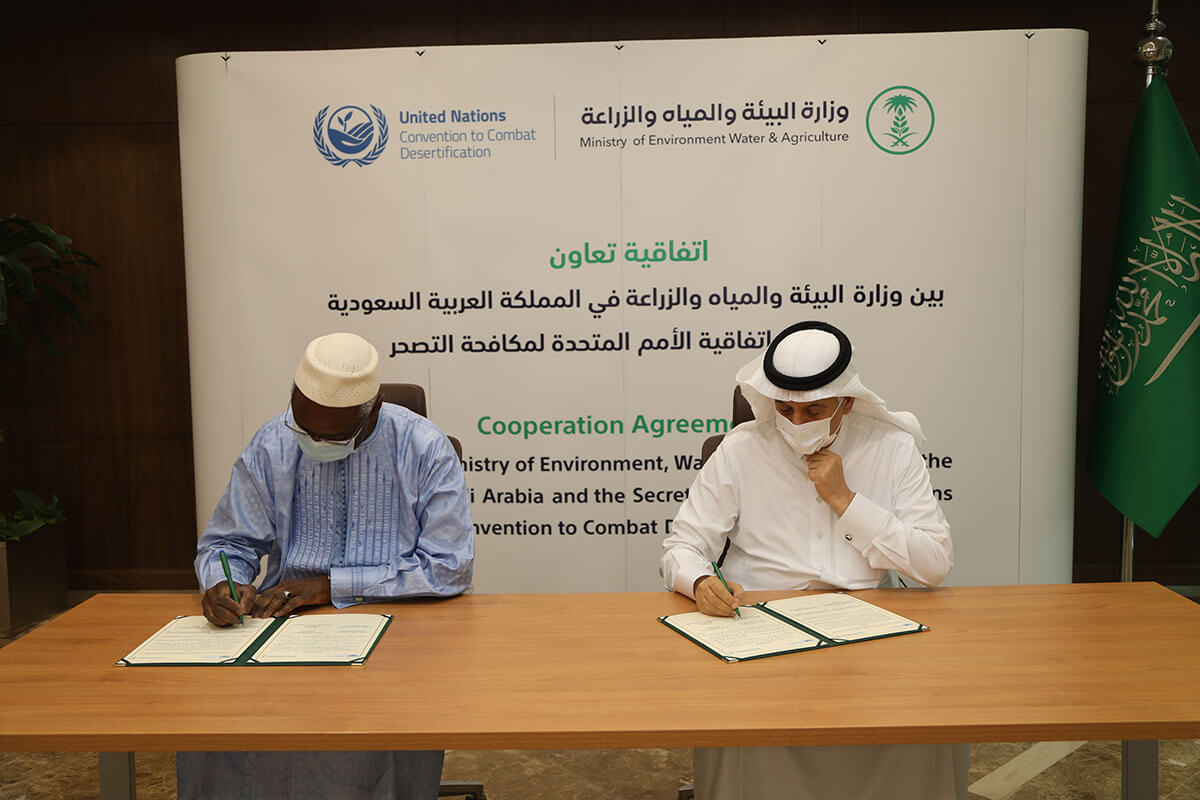
The Minister of Environment, Water and Agriculture of the Kingdom of Saudi Arabia, Abdulrahman Abdulmohsen AlFadley, and the UNCCD Executive Secretary Ibrahim Thiaw signing the Cooperation Agreement to implement the initiative.
Implementation Framework

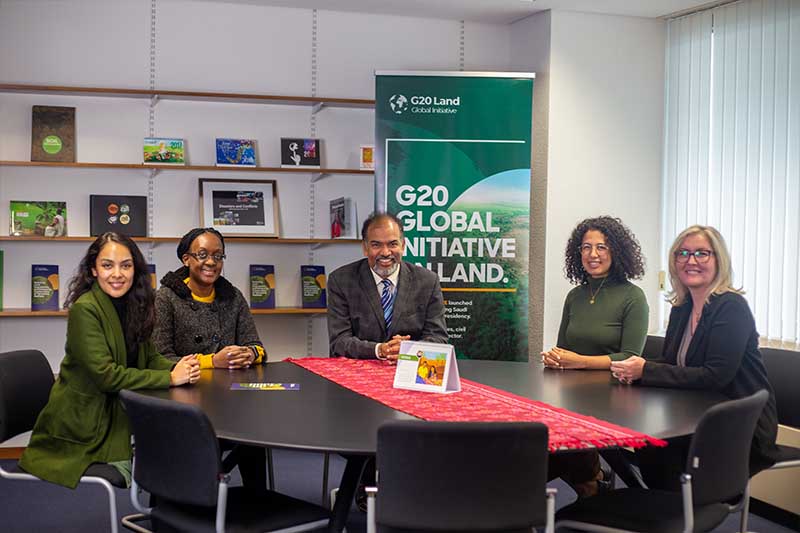
The Initiative Coordination Office (ICO)
The initiative will be implemented through the Initiative Coordination Office (ICO) under oversight of the United Nations Secretariat to Combat Desertification (UNCCD). The ICO will have dedicated full-time staff and an annual budget from which it will fund its core activities. The ICO will receive administrative and financial oversight from the UNCCD Secretariat.

Initiative Steering committee consisting of all interested G20 members, the Secretariats of the UNCCD, FAO, UNEP, as well as non-member countries and other institutions that contribute to the work of the ICO will provide strategic direction to the ICO.

Strategy and Implementation Plan
A detailed strategy and workplan for the implementation of the Global Initiative have been developed.

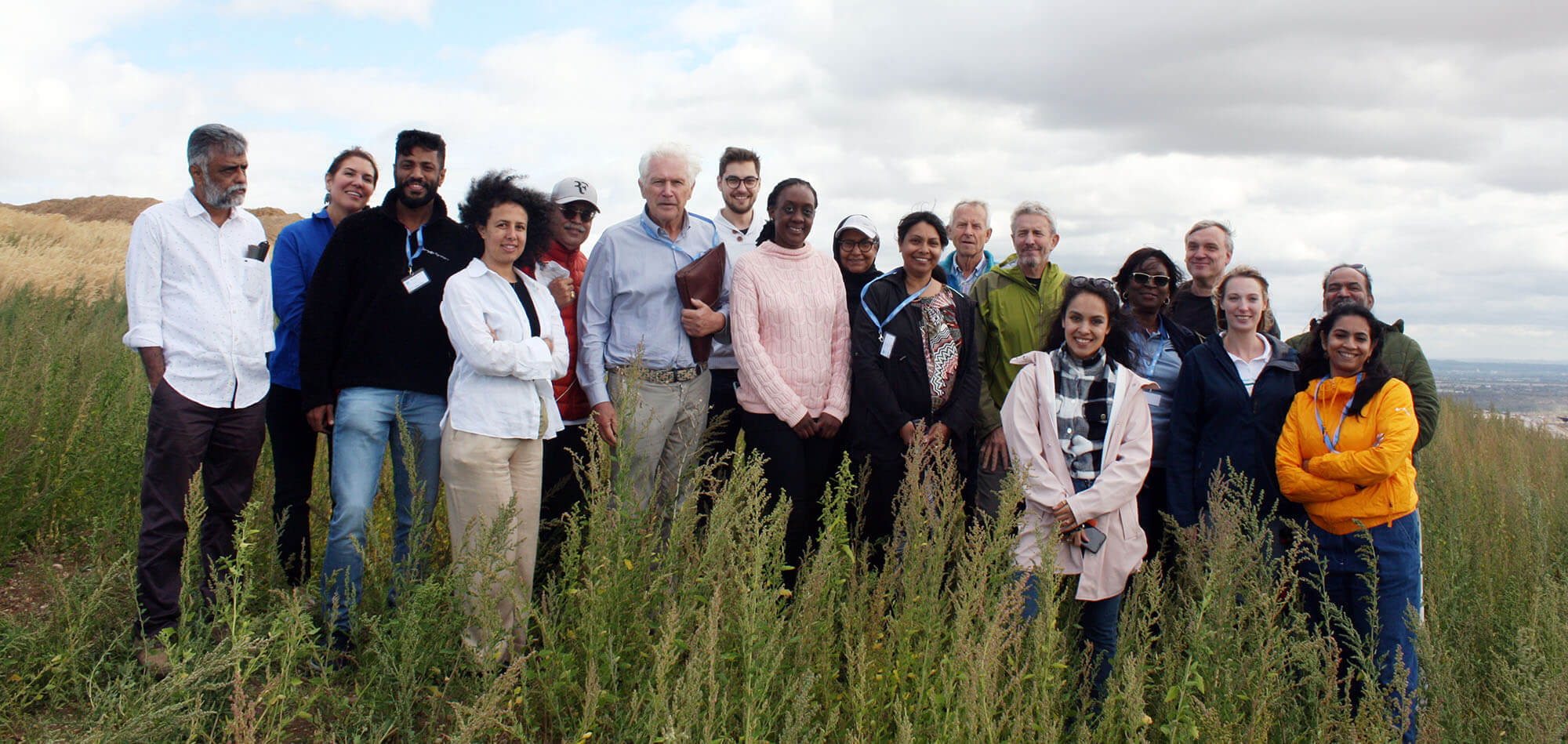
Experts from G20 Global Land Initiative Coordination office visit the Rhenish mining area in North Rhine-Westphalia, Germany to study Recultivation of Hambuch open cast mine
For more information
Dr Muralee Thummarukudy
Director, G20 Global Initiative Coordination Office
United Nations Convention to Combat Desertification
Platz der Vereinten Nationen 1
